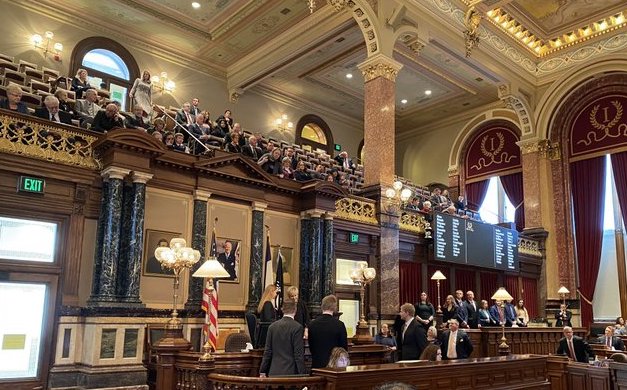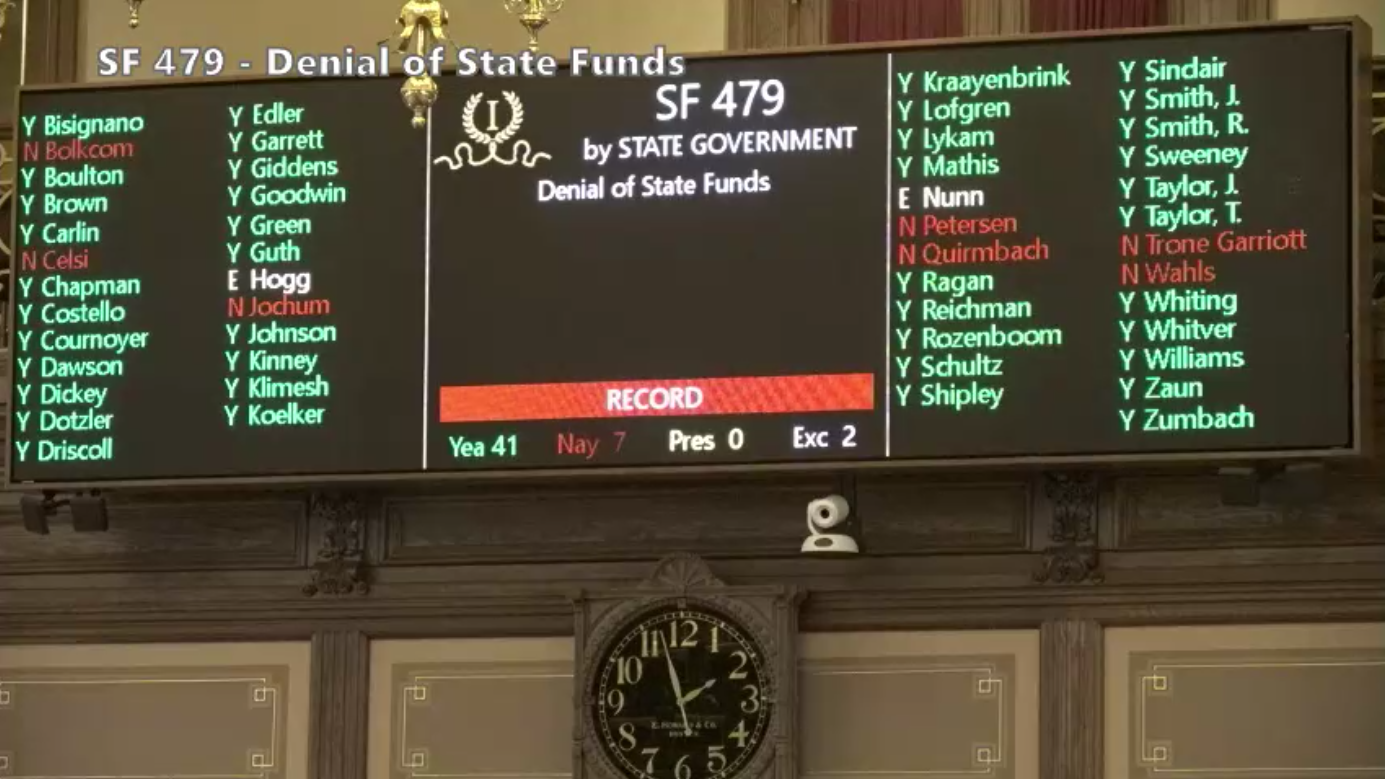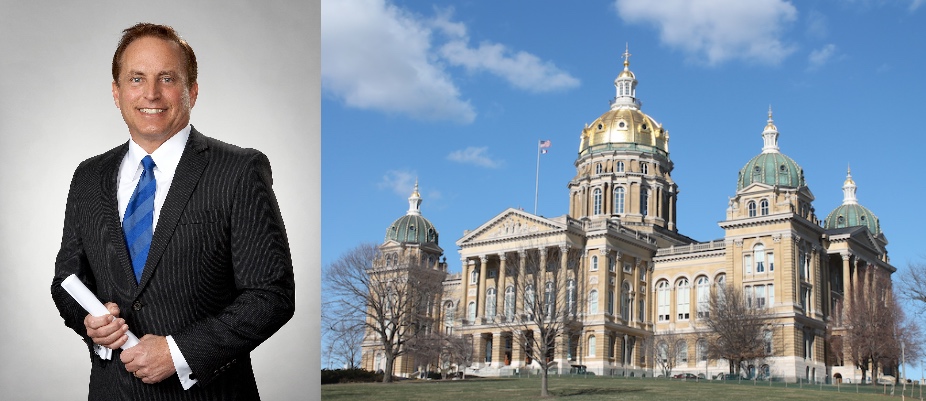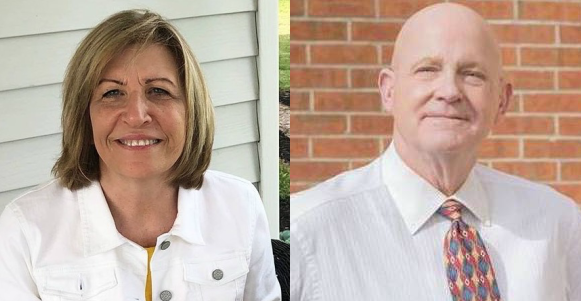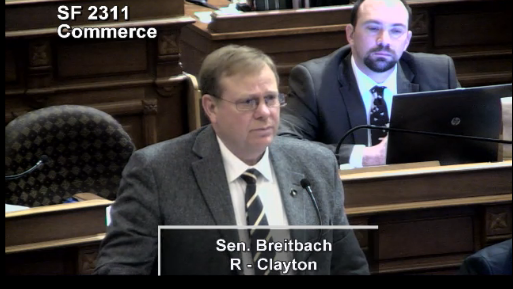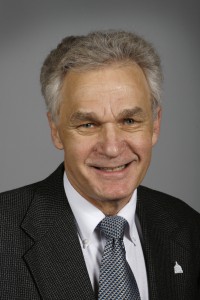The Iowa Senate began its 2023 session on January 9 with 34 Republicans and sixteen Democrats, the largest majority seen in the chamber for about five decades. Five of the last seven Iowa general elections have been Republican waves.
Fourteen senators (nine Republicans, five Democrats) were just elected to the chamber for the first time in November. Seven of them (four Republicans and three Democrats) previously served in the Iowa House.
Fifteen senators are women (eight Democrats and seven Republicans), up from twelve women in the chamber prior to the 2022 election and more than double the six women senators who served prior to the 2018 election.
Democrat Izaah Knox is the second Black state senator in Iowa history. The first was Tom Mann, a Democrat elected to two terms during the 1980s. The other 49 senators are white. No Latino has ever served in the chamber, and Iowa’s only Asian-American senator was Swati Dandekar, who resigned in 2011.
Democrat Janice Weiner became the first Jewish person to serve in the Iowa Senate since Ralph Rosenberg left the legislature after 1994. Democrat Liz Bennett became the first out LGBTQ state senator since Matt McCoy retired in 2018.
I enclose below details on the majority and minority leadership teams, along with all chairs, vice chairs, and members of standing Iowa Senate committees. Where relevant, I’ve mentioned changes since last year’s legislative session. The Senate has added a new Technology Committee and renamed what used to be “Labor and Business Relations” as the Workforce Committee.
Some non-political trivia: the 50 Iowa senators include two Taylors, a Democrat and a Republican. As for first names, there are three Jeffs and two men each named Mark, Mike, and Dan.
Continue Reading...
